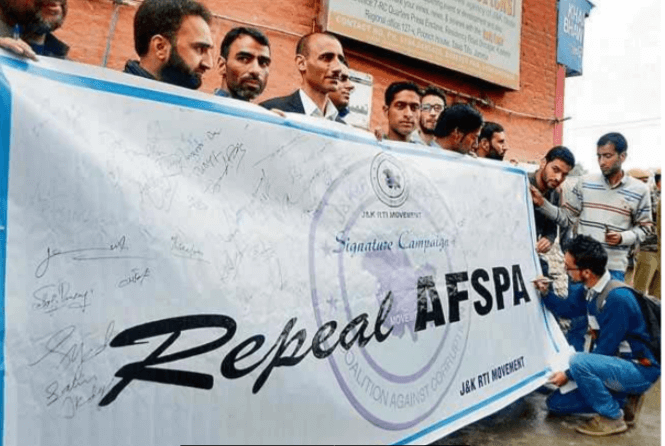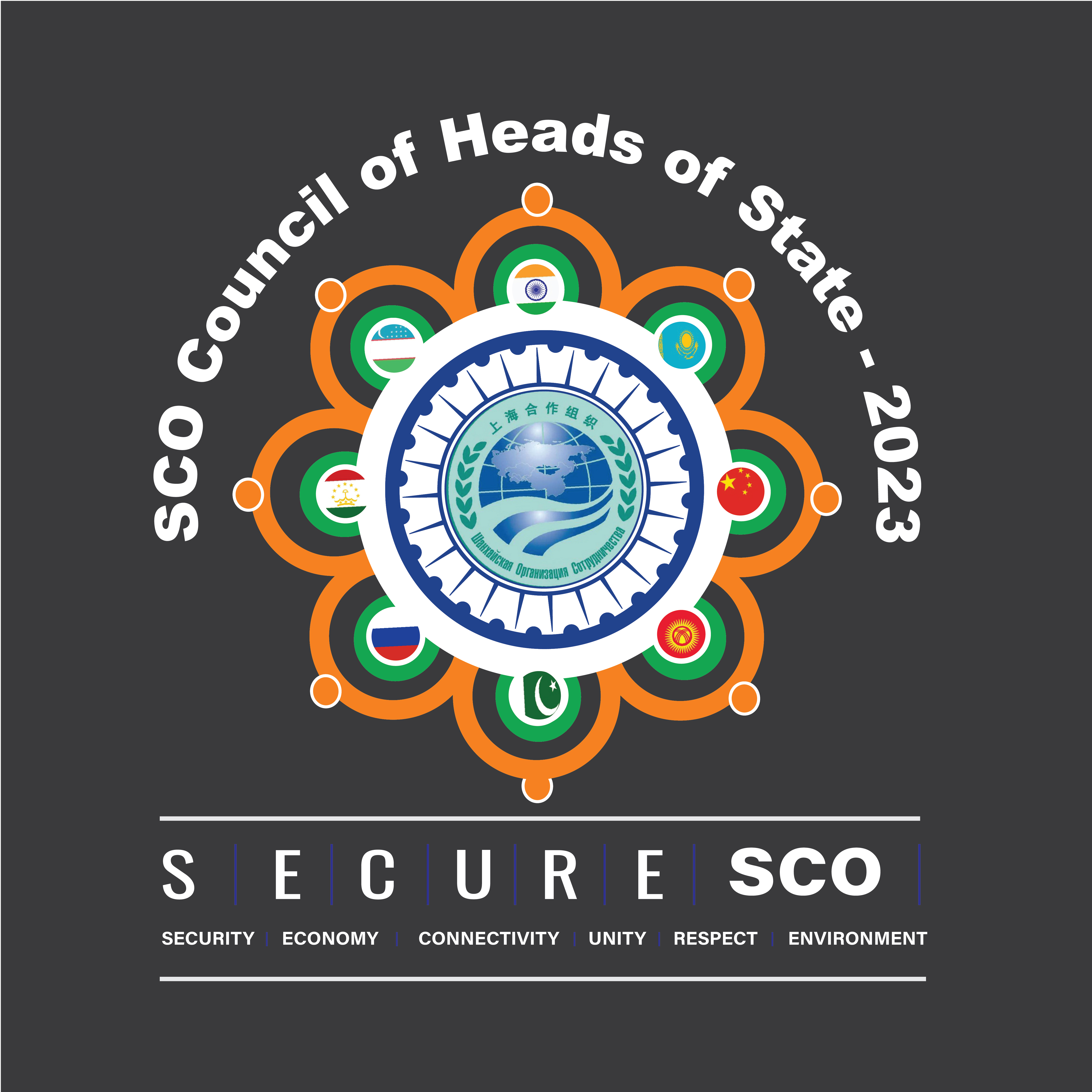Terrorists On A Rampage In Kashmir; Experts Call Them ‘ Far More Professional Than Anything Indian Army Has Seen’

Vaishali Basu Sharma
Consultant ,PPFPainting a grim picture of the security scenario in Kashmir, the former head of R&AW — India’s foremost external intelligence agency — A.S. Dulat has said that the Valley is experiencing “the most dangerous form of terrorism since August 2019”.
Dulat believes that this time it is deadlier as it is taking place in the capital city of Srinagar. Speaking to veteran journalist Karan Thapar, in an interview for the Wire, Dulat made several disturbing revelations.
He said that there has been a spike in the number of overground workers connected to militant groups and those sympathetic to militant groups in the Valley. He added that the influence of the Jamaat-e-Islami (JeI) has spread through the administration, including the police. In Kashmir, every native militant has a direct or an indirect link with the Jamaat, according to Dulat.
Dulat co-authored ‘The Spy Chronicles’ with former ISI chief Asad Durrani in order to give a ringside view of regional problems to the people of the two countries.
According to a book review by journalist Aditya Sinha: Durrani, who would often attend parties thrown by Indian diplomats based in Islamabad and has been a key participant in Track II meetings, provides some interesting insights. Such as Pakistan “giving up (the) handle on the movement” it had created in Kashmir in the early 1990s and “letting the factions do what they bloody well wanted to.”
Or his admission that after the 2008 Mumbai attacks that were blamed on Pakistan-based Lashkar-e-Taiba, he had decided he would be available even to the Indian media to say that “whoever has done this, be it state-sponsored, ISI-sponsored, military-sponsored, should be caught hold of and punished”.
Both Dulat and Durrani also believe the Pakistani military was in on the US raid that killed Al-Qaeda chief Osama bin Laden in the garrison town of Abbottabad in May 2011. They use nuggets of information that are already in the public domain to buttress their contention that such a spectacular raid could not have been carried out without some form of Pakistani involvement or support.
JeI is a hardline Islamist organization founded in Lahore in 1941 by the theologian Abul Ala Maududi, who was influenced by the Sharia-based reign of the Mughal Emperor Aurangzeb.
Maududi wanted it replicated in Pakistan and many historians consider him to be the most insidious influence in the political shaping of Pakistan. Jamaat’s influence spreading to the Valley is a serious threat to the relative stability of Kashmir.
In recent times, there has been a spate of terror attacks in Kashmir. On May 12, Rahul Bhat (35) was shot dead by Jaish-e-Mohammed (JeM) terrorists at his office in the Chadoora area of central Kashmir’s Budgam district. Bhat had got the job of a clerk under the special employment package for migrants.
Citing Bhat’s killing, Dulat said the terrorists knew exactly where he was, in which building and in which room, and were able to kill him and escape without being caught.
In concurrence with this assessment, Dulat said that the terrorists appear to have access “to police data.” He said that the targeted killing “was the work of a highly professional and independent terror cell linked to Pakistan and located in Srinagar.”
After Bhat, suspected militants shot dead a laborer in Kashmir’s Budgam district on Thursday night. A bank manager was also shot dead by militants on Thursday in South Kashmir’s Kulgam district, the police said.
Vijay Kumar, a resident of Rajasthan’s Hanumangarh city, was shot inside the premises of the Ellaqui Dehati Bank. He succumbed to his injuries on the way to the hospital. This was the eighth incident of killing of a civilian in the region since May.
Targeted killings and fear among citizens belie the Union government’s claims about normalcy in Jammu and Kashmir, National Conference President Farooq Abdullah said on Thursday, according to PTI.
Professional Terror Cell
The terror cell is far more professional than anything that Indian security agencies have seen in the last three years and this means they have infiltrated the security system.
In an interview with news agency PTI, Northern Army Commander Lieutenant General Upendra Dwivedi shared concerns that the aim behind the targeted killings of Kashmiri Pundits is to keep terrorism alive in the Union Territory.
Meanwhile, Pandits bearing the brunt of the rising violence in the state have been protesting even as they mourn Bhat’s death. Their demand is “relocation/deputation of all Valley-posted migrant employees to any other place in India to stop the bloodshed” against them by militants.
But politicians like Omar Abdullah have been blaming the movie ‘The Kashmir Files’ for antagonizing sections of the Kashmiri community. Top leaders of the J&K-based political amalgam Gupkar alliance, Dr. Farooq Abdullah and Mehbooba Mufti, squarely accused the movie of “infusing a wave of hatred among youth in Kashmir.”
Calling the movie “baseless” these leaders tend to evade the question of Islamic militancy in the state as a reaction to the political problems and not treat it as a religious manifestation. However, it is to be noted that they too agree that the situation in Kashmir is getting worse.
Some have claimed that Bhat had preached radical Hindutva sentiments, but a look at his Facebook profile falsifies this accusation. Bhat was anything but radical. His profile picture, dated September 7, 2017, has a note saying, ‘Stop Killing of Rohingya Muslims’.
Terror in the Valley is also likely to increase given the recent sentencing of Jammu Kashmir Liberation Front (JKLF) leader Yasin Malik on May 19. Malik has pleaded guilty to all the charges in a case related to terrorism and secessionist activities in the Valley.
He was a part of the conspiracy for funding secessionist and terrorist activities in J&K to disrupt the Valley and for waging a war against India. In this connection, the Terrorist and Disruptive Activities Act (TADA) court summoned Rubaiya Sayeed in her kidnapping case masterminded by Malik almost three decades ago.
Rubaiya (55) is the daughter of former Union home minister and former J&K chief minister, late Mufti Mohammed Sayeed, and sister of former J&K CM and Peoples Democratic Party (PDP) chief, Mehbooba Mufti. It was her shocking abduction in 1989 which marked the beginning of violent extremism in the Valley.
Malik’s sentencing is likely to spark violence. On May 24, terrorists targeted the 9-year-old daughter of a police personnel, who was killed on the outskirts of Srinagar.
This was followed by the brutal killing of Kashmiri actor and social media content creator Amreen Bhat by Lashkar-e-Taiba (LeT) terrorists at her home in Budgam, while her 10-year-old nephew received a bullet injury.
This could well be the beginning of another dark phase in the turbulent history of Kashmir.






